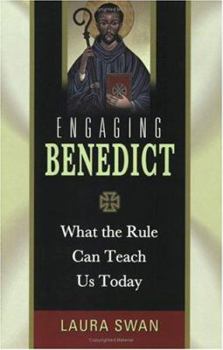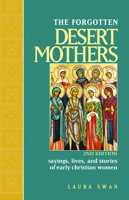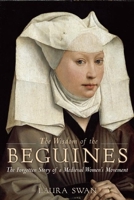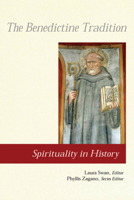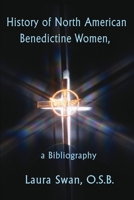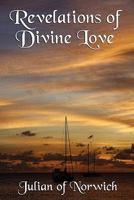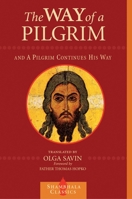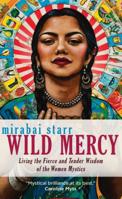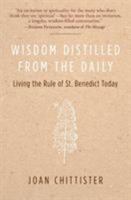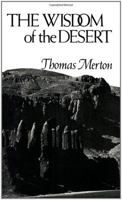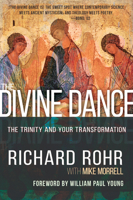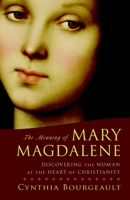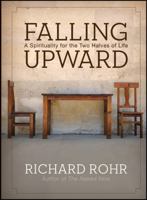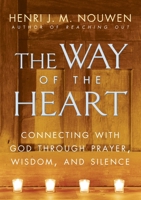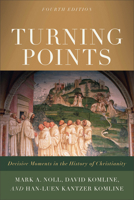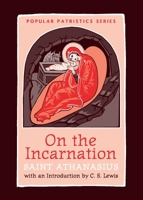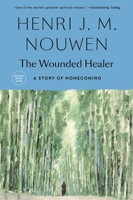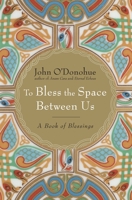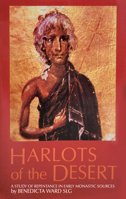Engaging Benedict: What The Rule Can Teach Us Today
Select Format
Select Condition 
Book Overview
You Might Also Enjoy
Customer Reviews
Rated 4 starsUnderstanding Benedictine spirituality
I liked this book. It gave a very good idea, for anyone interested in learning more about Benedictine spirituality, of the history of St. Benedict and his founding of the Benedictine monastic order. It discusses his Rule and how it can easily be applied to life today. In a world that lacks so many virtues it holds them up as not merely the ideal but as a way to live more virtuous lives. Although Benedict's Rule was originally...
0Report
Rated 5 starsLiving the tradition
Laura Swan is a Benedictine sister, acquainted with the Rule of Benedict not only through reading and academic approaches, but through the living of the Rule as a life-shaping and -changing practice. One of the fundamental parts of Benedictine spirituality is that one should seek conversion of life - too many people, even the `knowledgeable' in matters theological, tend to think of conversion rather like that of the apostle...
0Report
Rated 4 starsOpening Benedict's Rule
Swan is a Benedictine sister who sees her task as honoring Benedict's Rule and other monastic texts by wrestling with them, questioning them, and bringing present-day problems to them. Swan is writing not just for those pledged to follow Benedict's Rule, but for all who seek a deeper, more authentic, and vibrant relationship with God. She begins with background on the Benedictine monastic tradition and practices, with special...
0Report











